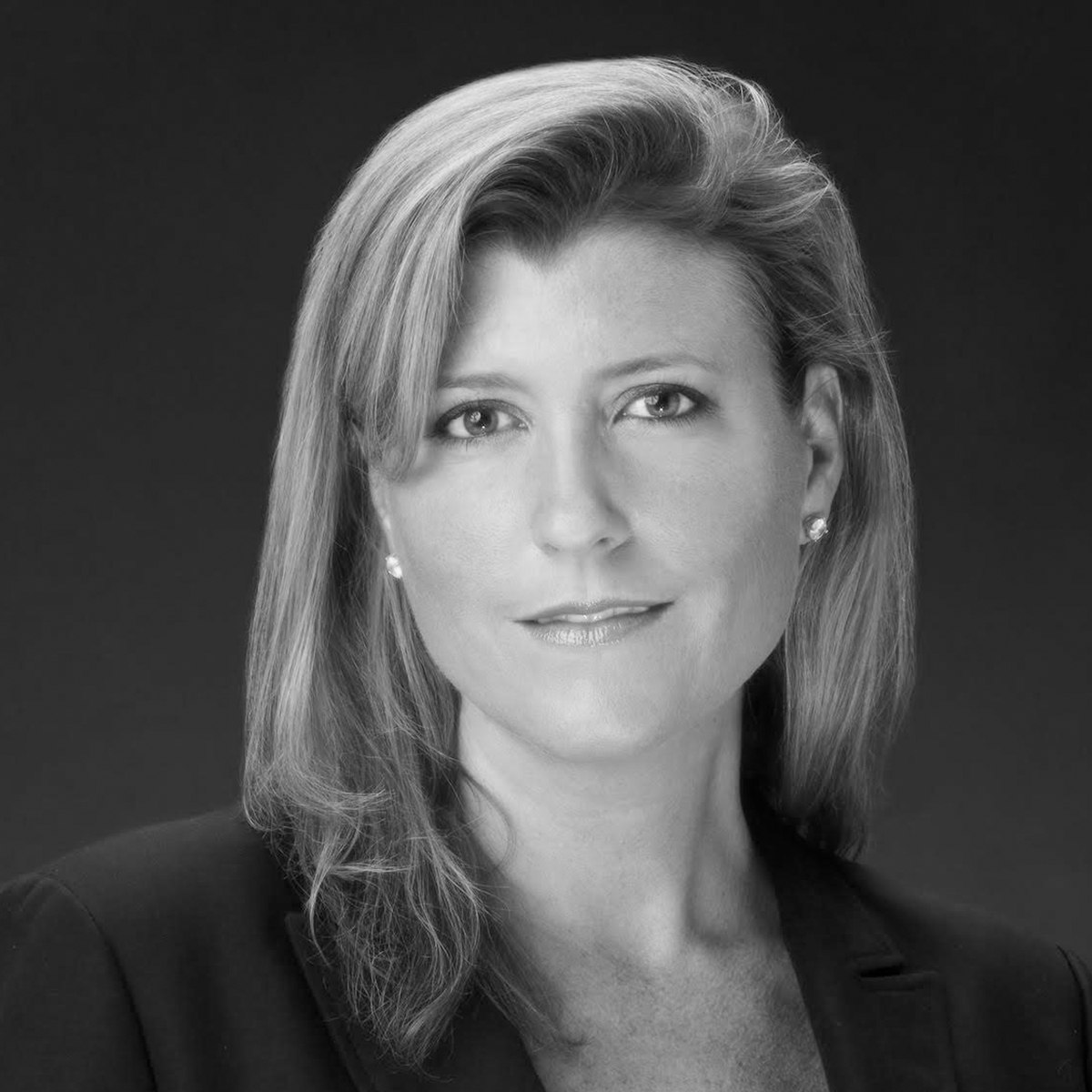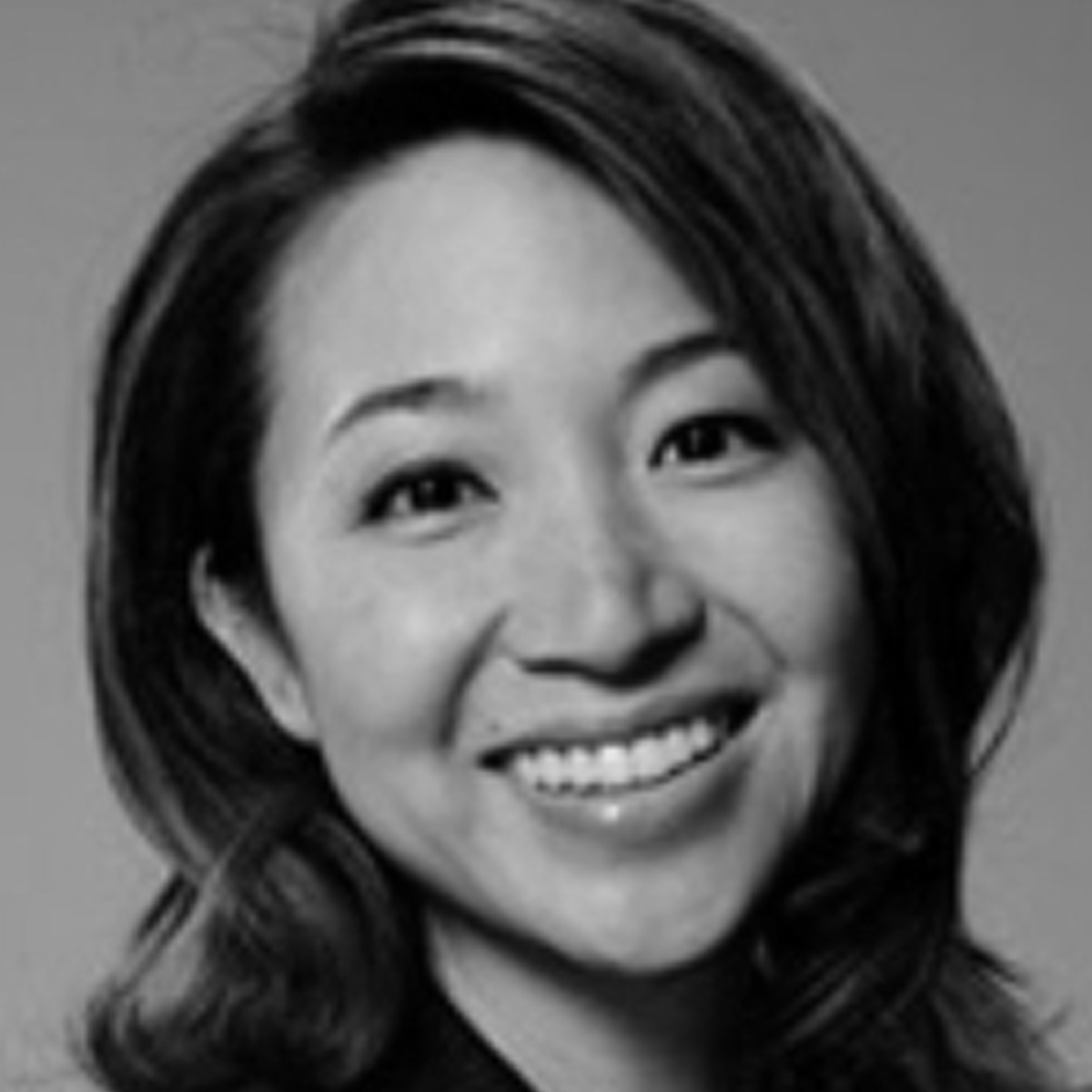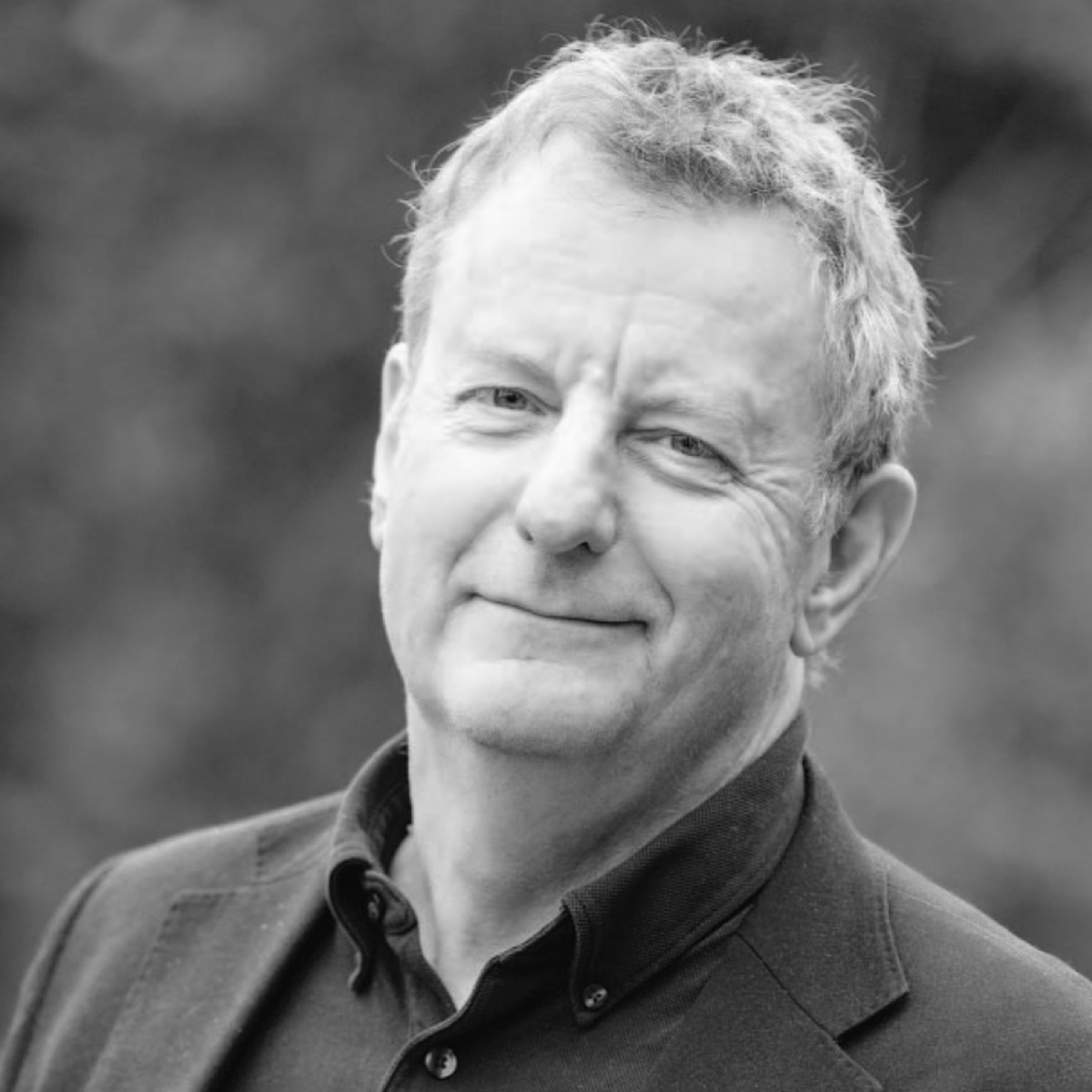How are laureates selected?
The Hillary Laureates are found via a global search programme and watch-list developed over the past decade.
Laureates cannot self-nominate - following recommendations from a wide variety of sources globally, the Institute’s Founding Director delivers the International Governors a short-list of six candidates by 31st March each year, and they make a determination on one as that year's Hillary Laureate by June. This is then ratified by the Institute’s Board of Trustees in New Zealand, whose Chair also convenes the International Governors.
There are no absolutes in how Laureates are ultimately selected. Key qualities however in all short-listed candidates are likely to include the following criteria.
outstanding leaders in mid-career
making a demonstrable impact in their field of endeavour
individuals for whom being a Hillary Laureate will raise their visibility and positively impact their work
collaborative
likely to have a rapport with, and be complementary to, our earlier Laureates
likely to actively contribute to the Institute's mission.
No-one has refused the Laureate honour. The Institute provides support and holds annual Symposia both in New Zealand and internationally, usually in the home communities of Laureates, creating integrated linkages representing the latest thinking on our chosen leadership topic which has since our inception been focused on various aspects of meeting the existential challenge of Climate Change. Hillary Laureates are also encouraged to collaborate with former Laureates (and our 500+ Edmund Fellows globally) to further grow their impact.
The Hillary Step
Named after the final, almost vertical 40-foot cliff-face that Hillary and Tenzing Norgay scaled in reaching the summit of Everest, the Hillary Step is a metaphor for the challenges innovative leaders face.
Hillary and Tenzing Norgay at Camp IV after their ascent of Everest. Photograph courtesy of The Royal Geographic Society (with IBG).
The Hillary Step is a prize that is given every four years to the person (likely but not necessarily a Hillary global Laureate) whom the Hillary Institute determines has a project where direct support from the Institute may enable a significant hurdle to be overcome in the chosen topic area.
The Hillary Step is currently valued at NZD100,000 and complements similar awards at the highest international level. Attracting international focus upon the recipient and their work, the Hillary Step brings further international attention to those leaders who raise the bar and make the world a better place.
The inaugural Hillary Step was awarded to 2010 Laureate Peggy Liu for "China Dream". The second Hillary Step was jointly awarded to 2015 and 2013 Laureates Mike Brune and Atossa Soltani for bringing together 60 NGO and indigenous leaders from across the Americas in preparation for the Paris Climate Accords in 2015.











